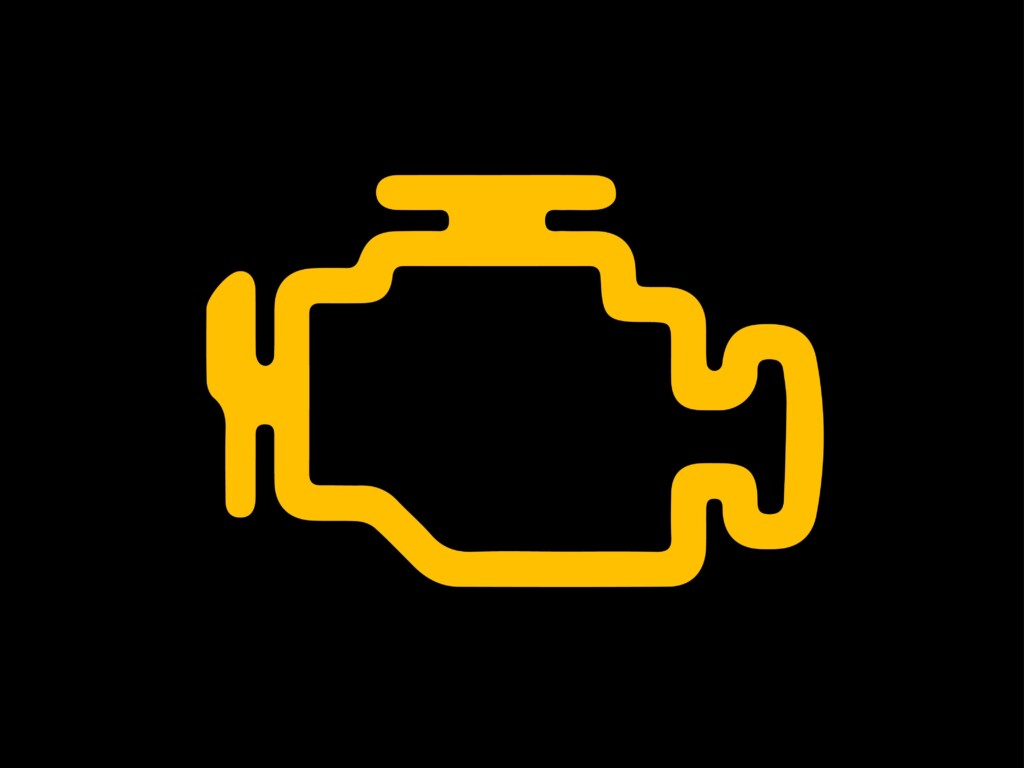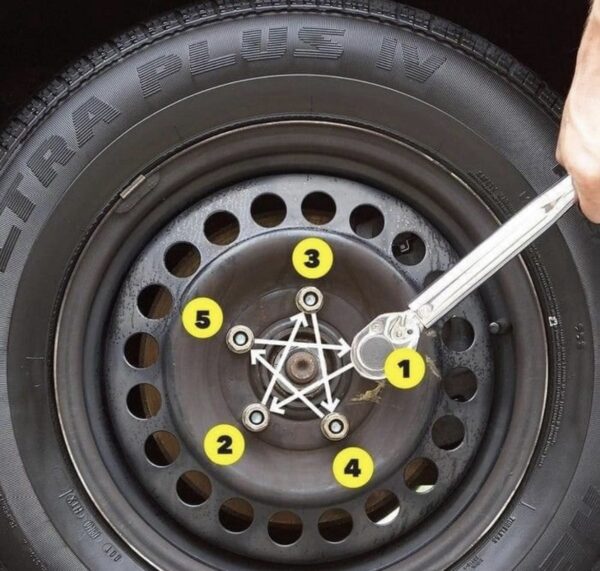The check engine light is an important indicator on your vehicle’s dashboard that alerts you to potential issues with the engine or related systems. When the check engine light is flashing, it signifies a severe problem that requires immediate attention. In this article, we will explore the causes and consequences of a flashing check engine light and provide guidance on the immediate steps you should take to address the issue.

Causes of a Flashing Check Engine Light
A flashing check engine light can be triggered by various issues, including:
- Misfiring Engine: One of the most common causes is an engine misfire, where one or more cylinders fail to ignite properly. This can be due to problems with the ignition system, fuel delivery, or engine sensors.
- Catalytic Converter Damage: A damaged or failing catalytic converter can trigger a flashing check engine light. The catalytic converter helps reduce emissions, and if it malfunctions, it can lead to engine misfires and other complications.
- Oxygen Sensor Malfunction: Oxygen sensors monitor the amount of oxygen in the exhaust system to ensure proper fuel-to-air ratio. A faulty oxygen sensor can disrupt this balance and cause the check engine light to flash.
- Fuel System Issues: Problems with the fuel system, such as a clogged fuel injector or fuel pump failure, can result in a flashing check engine light.
- Engine Overheating: If the engine temperature exceeds safe levels, it can trigger the check engine light to flash. Overheating can be caused by coolant leaks, a malfunctioning thermostat, or a faulty radiator fan.
Consequences of Ignoring a Flashing Check Engine Light
Ignoring a flashing check engine light can have serious consequences for your vehicle and your safety:
- Further Engine Damage: A flashing check engine light often indicates a critical issue that, if left unresolved, can lead to more extensive and expensive engine damage.
- Decreased Performance: Ignoring the flashing light may result in reduced engine performance, decreased fuel efficiency, and potential loss of power.
- Safety Risks: Certain issues that trigger the flashing check engine light can compromise your vehicle’s safety, such as engine misfires or overheating. Continued driving without addressing these problems may put you at risk of a breakdown or accident.
Immediate Steps to Take
When you notice a flashing check engine light, it is crucial to take immediate action to mitigate the issue. Follow these steps:
- Safety First: Reduce your speed and avoid sudden acceleration or deceleration. Drive with caution and prioritize the safety of yourself and other road users.
- Pull Over Safely: As soon as it is safe to do so, find a suitable location to pull over and park your vehicle. Turn off the engine and engage the parking brake.
- Avoid Strain: Refrain from attempting to drive the vehicle further, especially if you notice abnormal noises, vibrations, or a significant loss of power.
- Check for Visible Issues: Inspect the engine bay for any visible signs of damage, leaks, or loose connections. Take note of any relevant observations that could assist a professional technician in diagnosing the issue.
- Call for Assistance: If you are unable to address the issue yourself, contact a roadside assistance service or a trusted mechanic for guidance. They can provide further advice and may be able to tow your vehicle to a repair facility if needed.
- Seek Professional Diagnosis and Repair: Schedule an appointment with a qualified automotive technician as soon as possible. They will utilize diagnostic equipment to identify the specific problem and recommend the necessary repairs.
Buy this vehicle code scanner here on Amazon so you can easily and affordable check the codes right at home!
A flashing check engine light is an urgent warning that should not be ignored. It indicates a severe issue with your vehicle’s engine or related systems that requires immediate attention. Ignoring the problem can lead to further damage, decreased performance, and potential safety risks. When you encounter a flashing check engine light, prioritize safety by pulling over, avoiding strain on the engine, and seeking professional assistance. A qualified automotive technician will diagnose the problem and provide the necessary repairs to ensure the proper functioning of your vehicle. Remember, prompt action is key to resolving the issue and maintaining the longevity and safety of your vehicle.
As an Amazon Associate we earn from qualifying purchases through some links in our articles.




